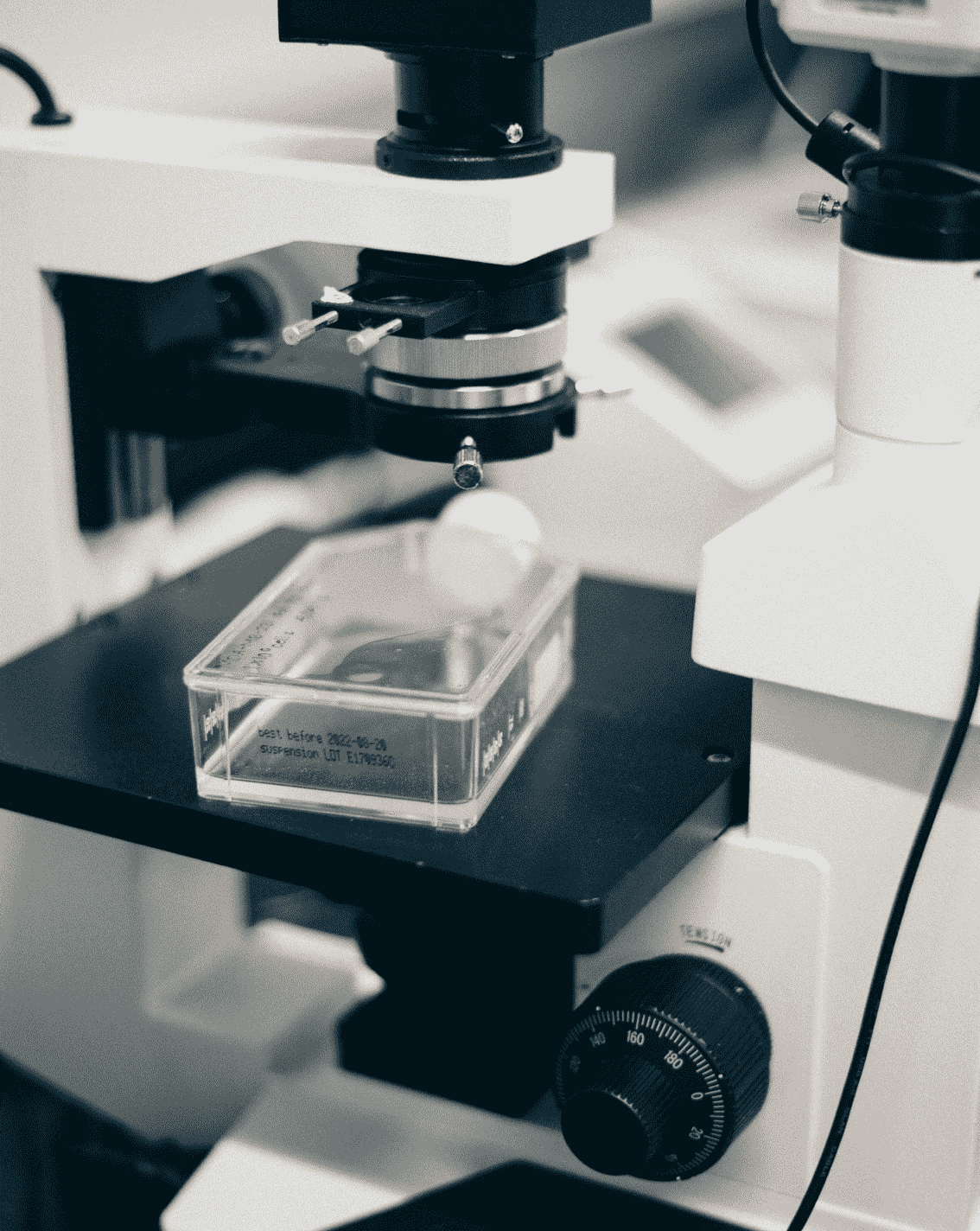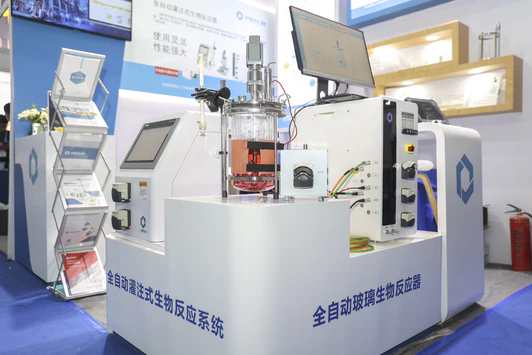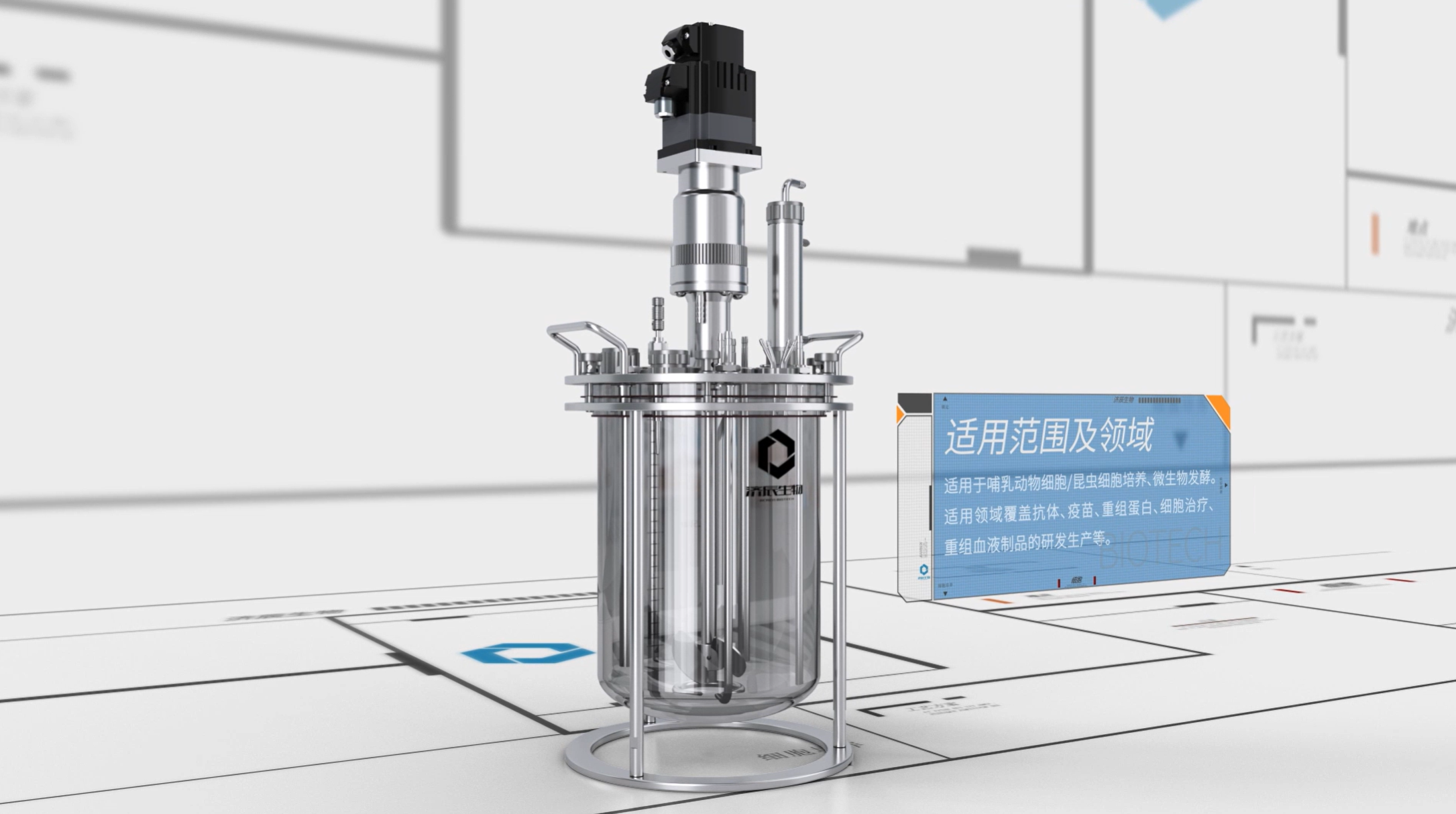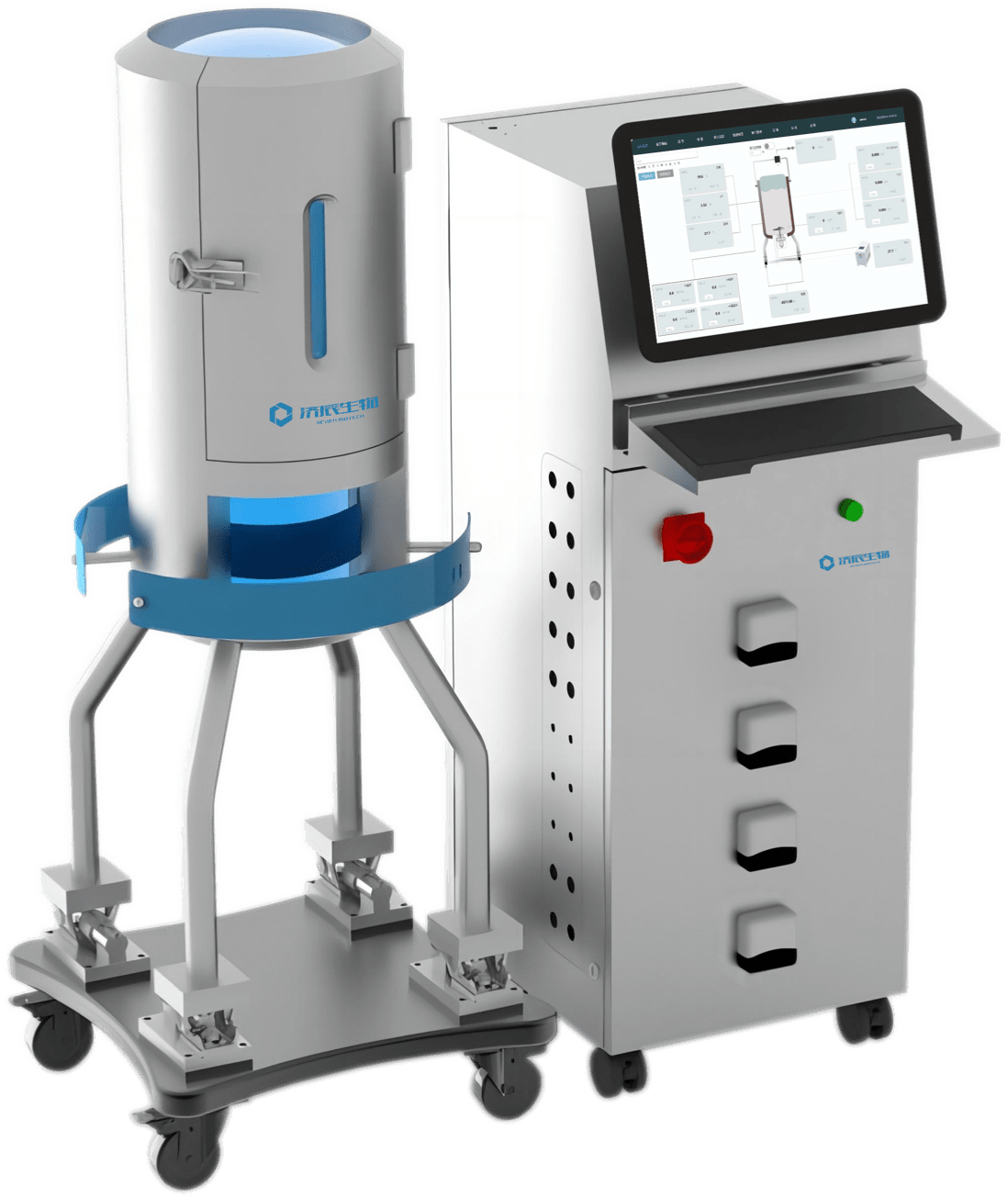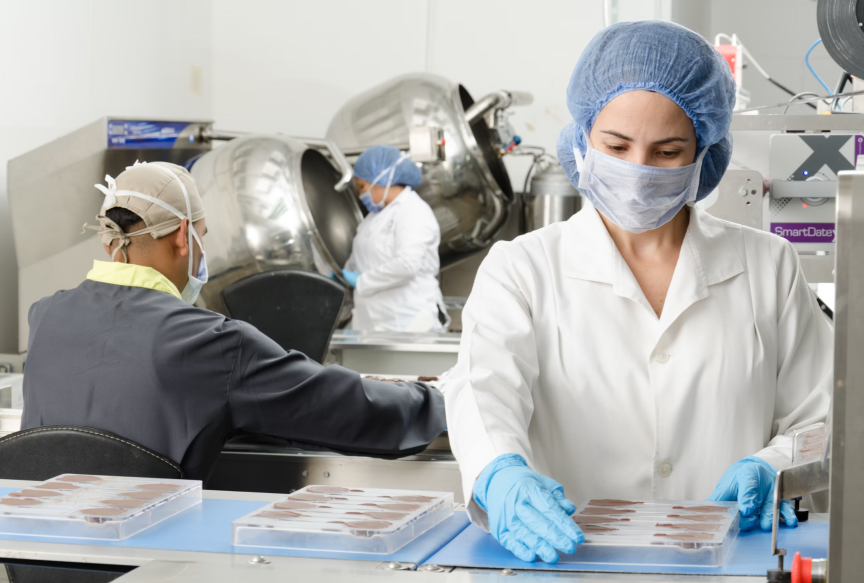With the rapid development of science and technology, laboratory research means continue to innovate, laboratory automation system came into being. Laboratory automation system is to integrate various operations, data processing, information management and other aspects of the experimental process through computer technology, automation technology and artificial intelligence technology to improve experimental efficiency, reduce labor costs and reduce experimental errors. In this paper, we will discuss the definition, development history, core technology and application areas of laboratory automation system.
I. Definition of Laboratory Automation System
Laboratory automation system refers to the integration of all kinds of instruments, equipments, reagents, samples and other resources in the laboratory through the computer network, to realize the automation, informatization and intelligence of the experimental process. Laboratory automation system includes both hardware and software: the hardware part mainly includes automated instruments, robots, transmission systems, etc.; the software part mainly includes laboratory information management system (LIMS), experimental process control system and so on.
II. Development of Laboratory Automation Systems
- Early stage ( 1950s-1970s): laboratory automation technology originated in the United States in the 1950s and was initially applied to the biomedical field. At this stage, laboratory automation technology relied heavily on simple mechanical devices and electronics.
- Developmental stage (1980s-1990s): with the development of computer technology, automation technology and biotechnology, laboratory automation systems were gradually applied to more fields, such as chemistry, physics and materials science. At this stage, laboratory automation systems began to have some intelligent characteristics.
- Mature stage (early 21st century to the present): laboratory automation systems have been widely used in a variety of fields, forming a series of mature solutions. Currently, the laboratory automation system is moving towards a high degree of integration, intelligence and personalization.
Third, the core technology of laboratory automation systems
- Robotics: Robotics is an important part of the laboratory automation system , which can realize sample grasping, transferring, mixing, separating and other operations. In recent years, flexible robots, collaborative robots and other new robotics technologies have been gradually applied to laboratory automation systems.
- Sensor technology: sensor technology plays a key role in the laboratory automation system, can realize the real-time monitoring, transmission and analysis of experimental data. At present, various types of high-precision, low-cost sensors have been widely used in laboratory automation systems.
- Computer vision technology: computer vision technology can identify, analyze and process images in the experimental process, providing intelligent support for laboratory automation systems. For example, operations such as cell recognition and microbial detection can be realized by computer vision technology.
- Data analysis and mining technology: a large amount of data generated by the laboratory automation system needs to be processed by data analysis and mining technology to extract valuable information. In recent years, artificial intelligence, machine learning and other technologies have achieved significant results in laboratory data analysis.
Four, the application areas of laboratory automation systems
- Biomedical field: laboratory automation systems in the biomedical field have a wide range of applications, such as gene sequencing, proteomics, cell culture, etc.
- Chemistry field: laboratory automation systems can be used for the optimization of chemical reactions, screening of compounds, material synthesis and so on.
- Environmental monitoring field: laboratory automation systems can be applied to the monitoring of water quality, air quality, soil pollution and so on.
- Food safety field: laboratory automation systems can be used for testing food samples, nutrient analysis and so on.
- Drug research and development field: laboratory automation systems play an important role in drug screening, efficacy evaluation, toxicology research and so on.
In short, laboratory automation system, as a cross-disciplinary technology, has already achieved remarkable results in China's scientific research, industry and other fields. In the future, with the further development of related technologies, laboratory automation system will play an important role in more fields and provide strong support for scientific and technological innovation and industrial development in China.
